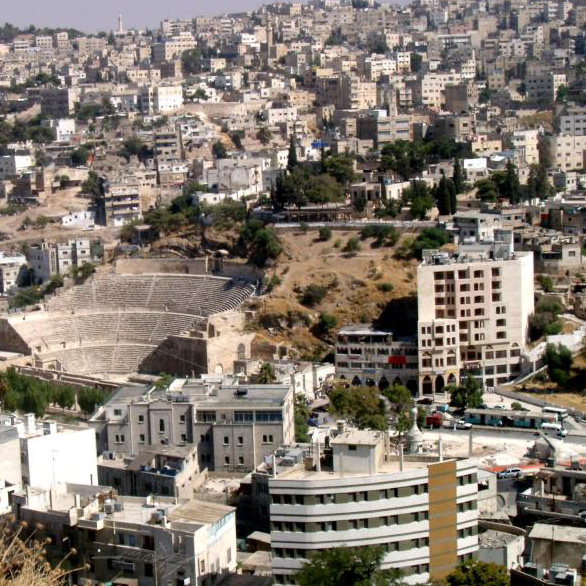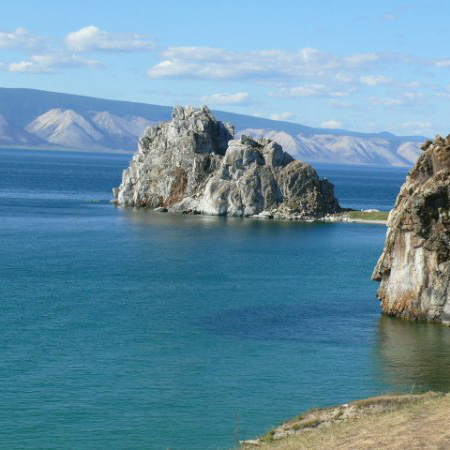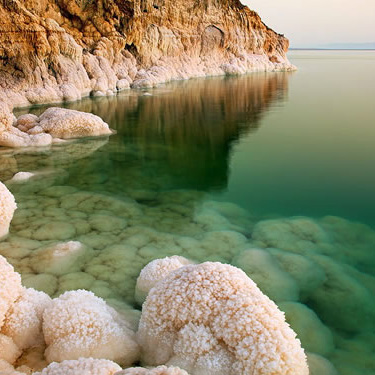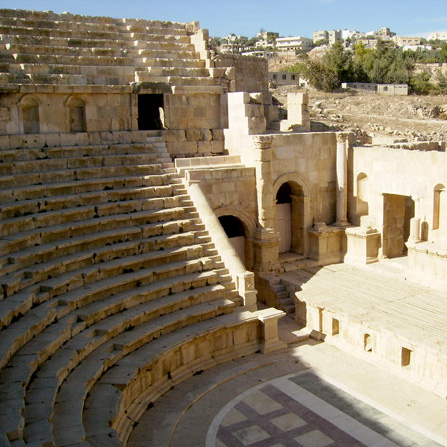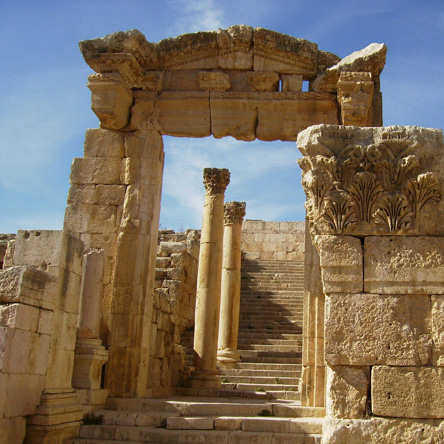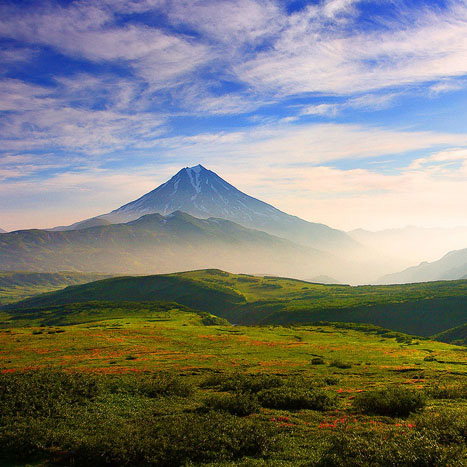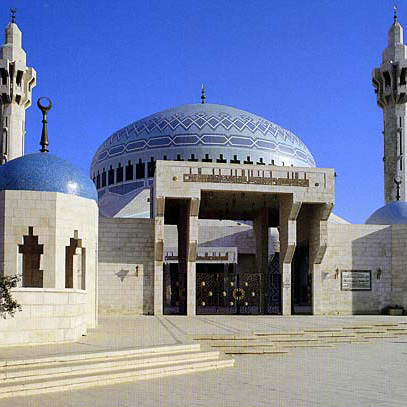Jordan to produce uranium ‘within two years’
By Taylor Luck
JORDAN IS ON pace to produce uranium in two years time as the country’s peaceful nuclear programme approaches several milestones.
According to Minister of Energy and Mineral Resources Khaled Toukan, the Kingdom is set to start uranium mining activities in the central region by 2013 pending the conclusion of feasibility studies later this year.
The Jordanian-French Uranium Mining Company, a joint venture comprising the Jordanian government and French firm AREVA, is to construct an open-pit mine in the central region some 50 kilometres south of the capital, which, according to initial surveys, is home to at least 65,000-70,000 tonnes of mineable uranium ore.
As part of its activities, the company is expected to mine and mill uranium oxide, better known as yellowcake. The material is a key component in nuclear fuel – before sending the uranium abroad for enrichment.
The Kingdom is home to extensive uranium reserves, including 15,000 tonnes in Al Hassa, southwest of the capital, and thousands of tonnes in potential reserves along the Jordanian-Iraqi border.
Meanwhile, the Jordan Atomic Energy Commission (JAEC) started this week a review of financial bids from three shortlisted international firms for the construction of the Kingdom’s first nuclear reactor.
JAEC is to select among three vendors – Canada’s AECL, Russian Atomstroy Export and a Japanese-French consortium representing AREVA and Mitsubishi Heavy Industries – by the end of the year.
The Kingdom’s nuclear power programme calls for the establishment of a reactor near Mafraq, some 40 kilometres northeast of the capital, by the end of the decade.
Plans are in place for an additional three reactors to transform the resource-poor Kingdom from an energy importer into an electricity exporter.
The proposed reactor location has drawn criticism from environmentalists and Mafraq residents who have held a series of protests in the capital and near the reactor site.
Officials in Amman have prioritised atomic energy as key to weaning the Kingdom off energy imports, which cost 20 per cent of the gross domestic product in 2010 and some JD1.7 billion in the first half of 2011.
In addition to health and environmental concerns, anti-nuclear activists point to potential costs and the widening budget deficit as grounds to freeze the programme.
Energy officials highlight stable long-term electricity prices and a low-carbon footprint as among nuclear energy’s advantages.
News
23.08.2021
Meeting with King Abdullah II of Jordan
12.06.2019
Cooperation Agreement Signed in Hashemite Kingdom of Jordan
Russian-Arabic Business Council
Всех заинтересованных в установлении и развитии сотрудничества с деловыми кругами стран Арабского Востока приглашаем обратиться в Российско-Арабский Деловой Совет по адресу:
109012 г. Москва, ул.Ильинка, 5/2
тел./факс + 7 (495) 929-02-55
тел. + 7 (495) 929-03-13/15/16
эл.почта: rads@tpprf.ru
сайт: www.rusarabbc.ru
